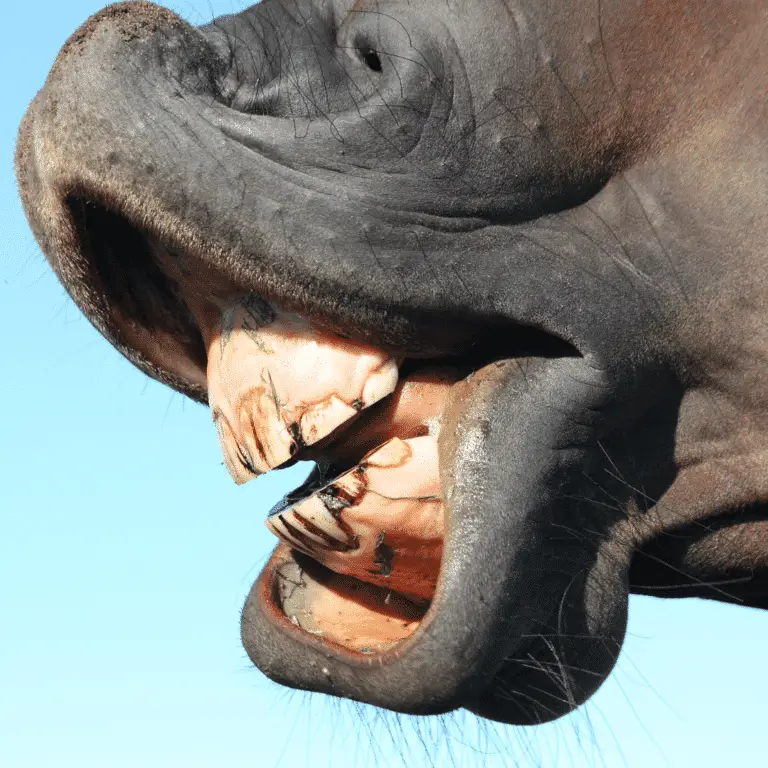
Wave Mouth
Wave Mouth in Horses Seek veterinary advice if you suspect this disease. Wave mouth is a dental condition commonly seen
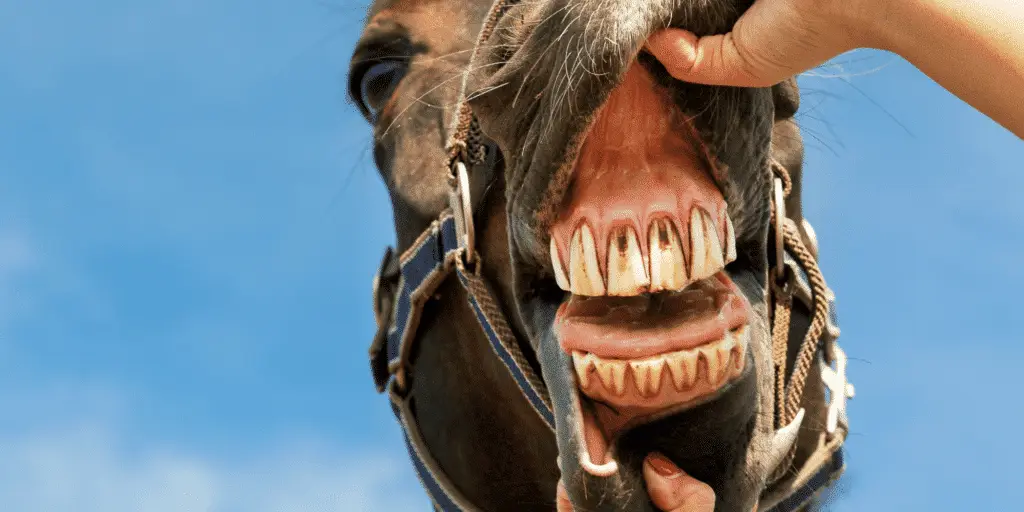
Seek veterinary advice if you suspect this disease.
Equine Odontoclastic Tooth Resorption and Hypercementosis, also known as EOTRH, is a syndrome in horses. The disease’s hallmark is resorption, or breakdown, of the incisor and canine teeth, including the tissue surrounding each tooth and the internal roots. Hypercementosis, or excessive production of cementum, which with enamel forms the tooth’s external surface, can occur simultaneously as the body attempts to stabilize the affected teeth. Other cells respond by creating extra cementum that eventually forces out the tooth and root. Many older horses are fairly stoic, and don’t always exhibit obvious outward signs of oral pain until the clinical disease is quite progressed.
The recommended treatment for EOTRH is surgical extraction of affected teeth in order to provide relief from this painful condition. This procedure is typically done on a standing, sedated horse. The use of local anaesthesia ensures that the horse remains comfortable during this procedure. The number of teeth that should be extracted is entirely related to the stage of disease when the diagnosis is made. If we can identify the disease process early on, there may only be 1-4 teeth affected.
As the disease becomes more progressive, all of the upper and/or lower incisors and canines may be affected. If all of these teeth are severely affected, there is no good clinical reason to leave any of them in place. The follow up care for horses that have had incisors extracted typically includes antibiotics and a soft diet for several weeks.
As there is still no obvious cause, preventing EORTH is difficult. Keeping up your horse’s annual dental exam with an experienced vet will help to identify any problems as they arise. In view of actively preventing this syndrome, it is recommended that all horses over the age of 15 have their incisors radiographed to screen for this condition.
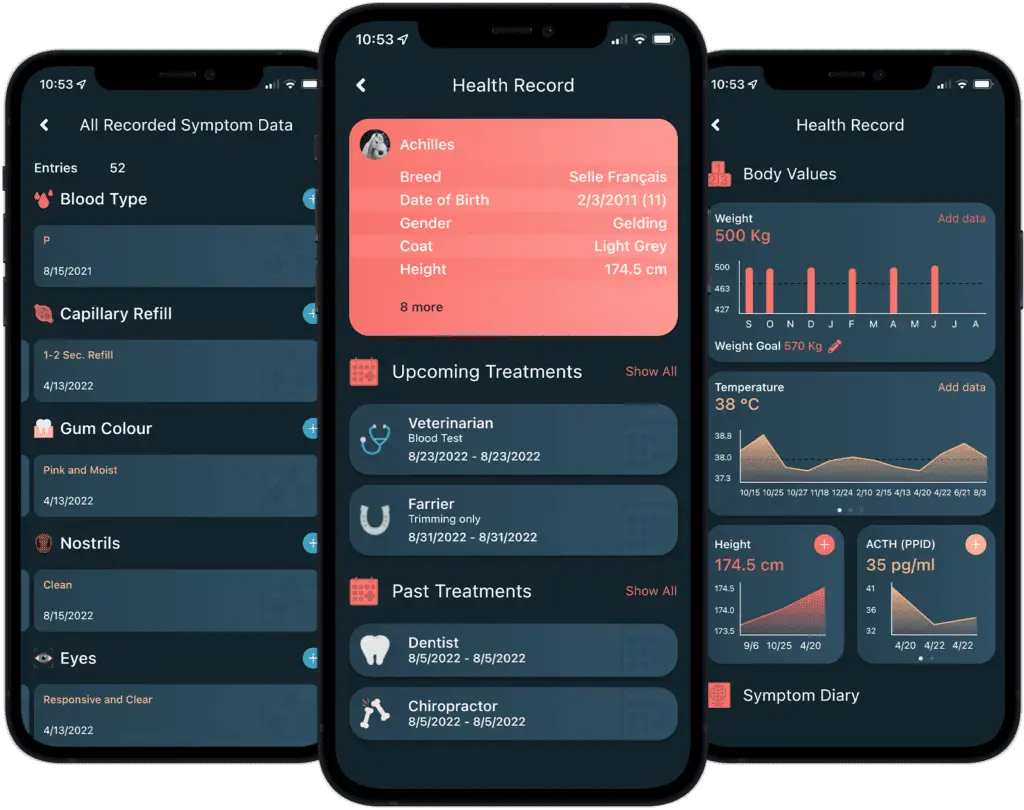
Digital health management offers numerous benefits in modern equine healthcare.
With the Happie Horse App, you can track symptom patterns and body values, such as Temperature, Pulse and Respiration. Allowing you to notice abnormal changes in body and behaviour early on, leading to more successful treatments.
The Happie symptom checker allows you to add all of your horse’s abnormal symptoms in order to present potential causes and diseases.

Wave Mouth in Horses Seek veterinary advice if you suspect this disease. Wave mouth is a dental condition commonly seen
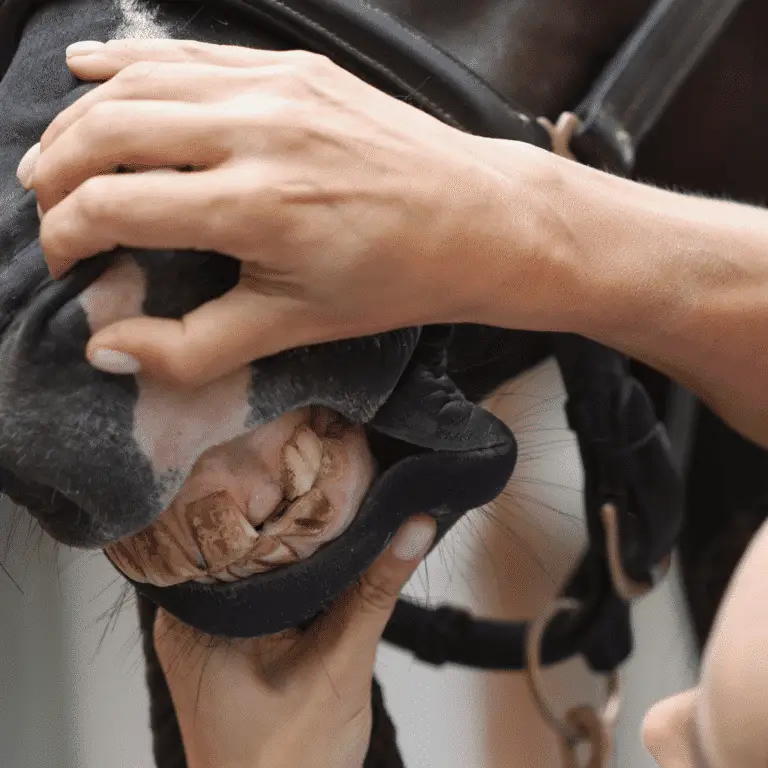
Shear Mouth in Horses Seek veterinary advice if you suspect this disease. Shear mouth is a dental problem commonly seen
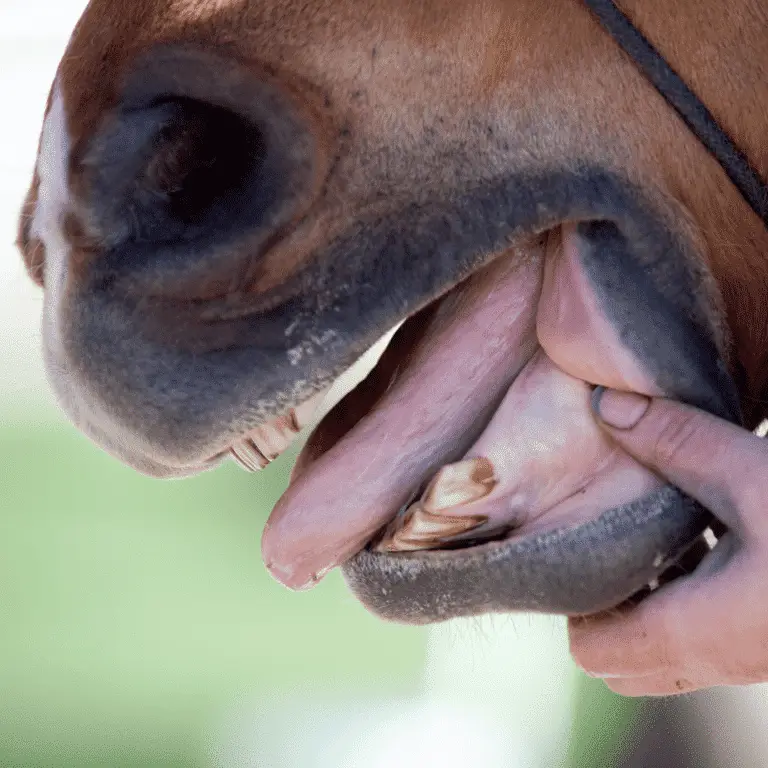
Equine Malocclusion in Horses Seek veterinary advice if you suspect this disease. Malocclusion in horses is a faulty alignment between